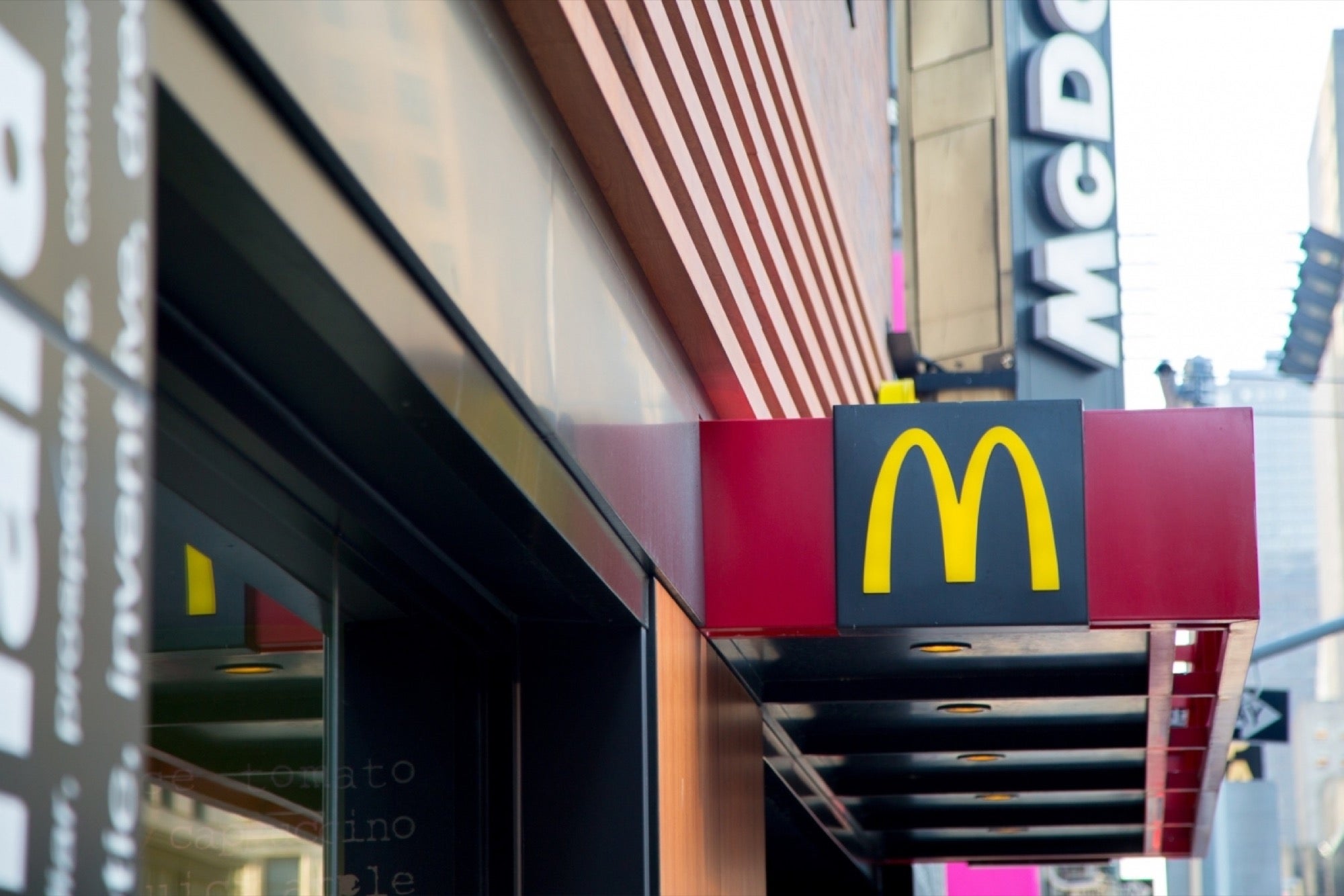New York Moves Closer to a $15 Minimum Wage for Fast-Food Employees A state-appointed panel has recommended a significant increase from $8.75 an hour.
By Kate Taylor
Opinions expressed by Entrepreneur contributors are their own.

The cost of operating a fast-food franchise in New York is about to get more expensive.
On Wednesday, a panel organized by the state to study worker pay announced its recommendation that New York raise fast-food workers' minimum wage to $15 per hour. The state's current rate is $8.75 per hour, though it is slated to go to $9 by the end of the year for workers in all industries.
The increase would be implemented in stages, with New York City on a faster timetable. The minimum wage for the city's fast-food workers would rise to $10.50 by the end of 2015, $12 by the end of 2016, $13.50 by the end of 2017 and $15 by the end of 2018.
For the rest of the state, the fast-food minimum wage would increase annually on a more gradual basis until reaching $15 in 2021.
Related: Pizza Hut's Second-Largest Franchisee Sued in Pay Dispute
The hike would only impact employees at restaurant chains with 30 or more units.
The wage board's proposal still needs final approval from the state government before it goes into effect, something that seems likely due to New York Gov. Andrew Cuomo's continued support of efforts to raise the minimum wage.
Gov. Cuomo directed the Department of Labor to establish the wage board to examine the issue of fast-food workers' minimum wage in May. In late June, the three-member board announced that two months of research and public meetings had led them to believe that reform was necessarily, though they refrained from giving an official recommendation until today's meeting.
Cuomo and supporters argue that the focus on fast-food employees is necessary due to the specific economic hardships of workers, who have served as figureheads throughout activist work to raise minimum wage across America.
"It's an industry that's really marked by two extremes," says Irene Tung, a senior policy researcher at the National Employment Law Project. "On one hand you have extremely profitable global corporations that are returning millions of dollars to shareholders and on the other hand you have some of the lowest paid workers in the entire country."
While the decision will only directly affect fast-food workers, Tung says that it will force other restaurants and industries to raise wages in order to attract employees. Ultimately, she says, the decision will improve pay not only for those directly impacted, but all employees working low-paying jobs in the state and set a precedent for other states examining minimum wage legislation.
Related: Papa John's Franchisee to Pay Employees $460,000 for Wage Theft
However, franchise industry groups believe that singling out the quick service restaurant industry is unfair.
"Applying a new mandatory minimum wage increase to a narrow group of businesses creates an un-level playing field for owners that provide important entry level jobs and valuable experience for millions of workers across the state of New York," International Franchise Association president Steve Caldeira said in a statement. "If Governor Cuomo wishes to advance a wage increase, it should cover all of New York's businesses, not just a select few."
Advocates for employees and restaurant chains in opposition regarding minimum wage legislation tend agree on one issue: Franchisees are likely to find themselves caught between a rock and a hard place with minimum wage hikes. Many labor activists blame the franchise system and franchisors for forcing franchisees to operate on thin margins; for example, the Service Employees International Union recently lobbied for a bill of franchisee rights in California in addition to fighting for higher minimum wage laws. Meanwhile, those who oppose legislation increasing minimum wage say that these activists ignore the economic realities of running a restaurant business and that new regulation will ultimately hurt both franchisees and employees.
In any case, it's clear that fast-food franchise owners of New York are entering a period of change that will serve as a forecast of things to come for other states and industries as minimum wage battles continue to be fought across the U.S.
Related: Chipotle Raises Prices in San Francisco After Minimum Wage Hike










